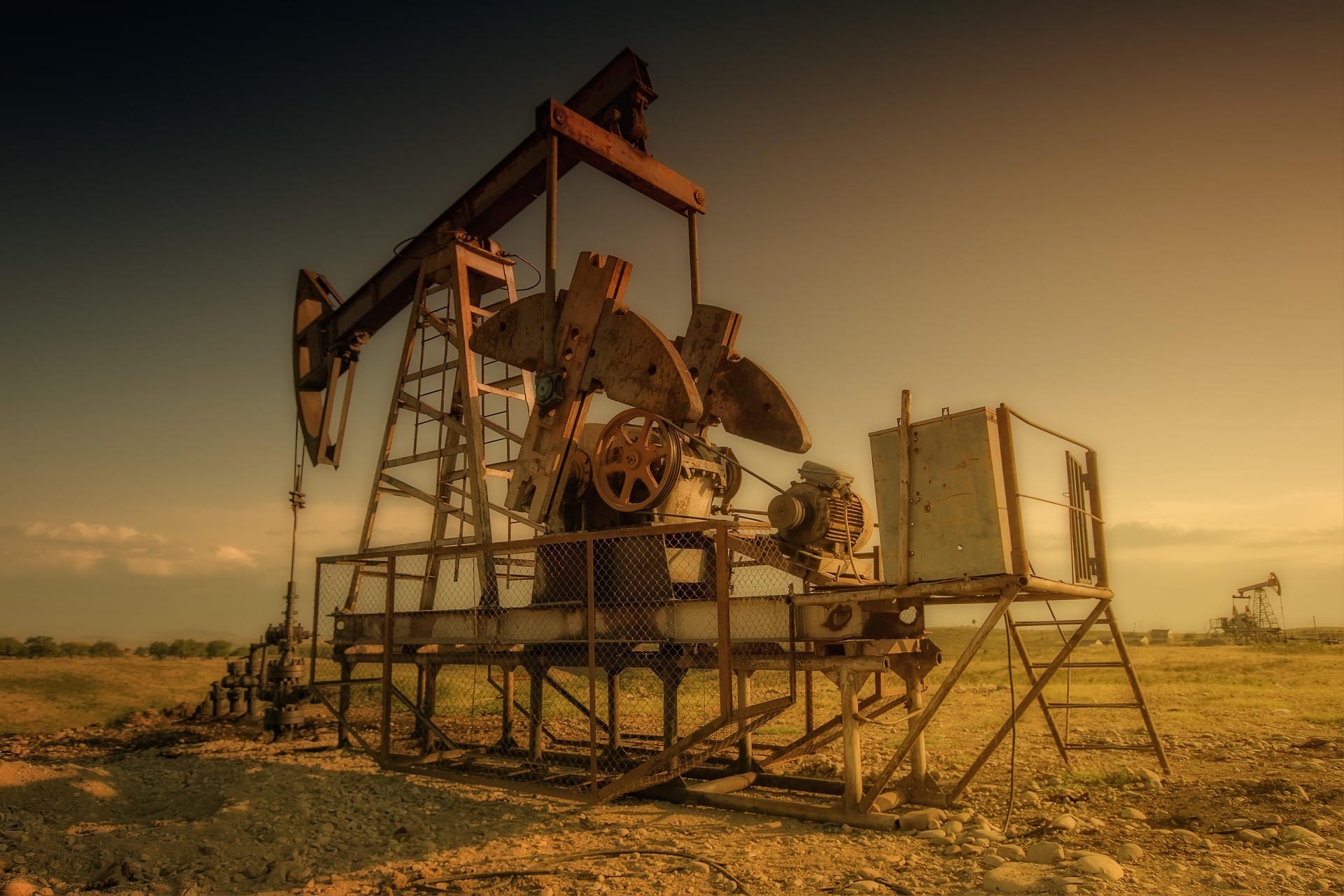Fossil fuels are ending
They would end faster if we stopped being complete suckers

What if I told you that a key part of the solution to the climate crisis is to do nothing? A key part, not the entire solution of course. But doing nothing is the vital element of a strategy that would massively accelerate sustainability transitions.
That's the unavoidable conclusion from a new report from the International Energy Agency. The Implications of Oil and Gas Field Decline Rates published this week is a hum dinger of stating the obvious but in ways that may cut through to that motley crew of CEOs, politicians, lead economists and other decision makers.
That task we face is to rapidly phase out fossil fuels. The faster we do that, the faster we begin to slow down global warming. Whatever you think of targets such as net zero by 2050, the imperative that should be driving all action is less is more; less fossil fuel burning gives us more chance of avoiding climate chaos. This is where the IEA report could be helpful to such efforts because it makes it abundantly clear that fossil fuels are already on their way out and their demise would be greatly accelerated if we simply stopped funding their extraction.
Nearly 90% of annual upstream oil and gas investment since 2019 has been dedicated to offsetting production declines rather than to meet demand growth. Investment in 2025 is set to be around USD 570 billion, and if this persists, modest production growth could continue in the future. But a relatively small drop in upstream investment can mean the difference between oil and gas supply growth and static production.
International Energy Agency, The Implications of Oil and Gas Field Decline Rates.
I used to get a juice carton in my school lunch box. You would punch a plastic (in those good old days) straw into the plastic top (that hasn’t changed) and suck out the juice. As the level dropped you had to angle the straw into the corner. When it was nearly gone, crushing the container could sometimes get a little more out. More effort was needed for diminishing returns. No nation on Earth has put more effort into sucking oil and gas out the ground than the United States. It is now the #1 producer of the non-conventional fossil fuels of tight oil, and shale gas. This makes it extraordinarily vulnerable to not just changes in oil and gas prices, but any decrease in the amount of capital being invested in fossil fuel extraction.
If this investment was stopped, the rates of decline of tight oil and shale gas are assessed by the IEA to be greater than 35% within 12 months and by a further 15% in the year thereafter. What this means, is that from a climate investment point of view the biggest bang for your buck – the biggest reductions in emissions with a change in funding - comes from simply stopping spending money on tight oil and shale gas extraction infrastructure.
But what about energy security?! If you just deleted millions of barrels of oil a day from the global economy there would be total chaos. The IEA report addresses that right at the start.
Without ongoing investment, oil and gas supply wanes because of declines in production from existing fields.These declines have to be offset. Options include: investing in existing fields to slow decline and/or to boost production; discovering and developing new fields of conventional or unconventional resources; or by reducing demand. Each approach requires large commitments of capital (albeit by different parties).
International Energy Agency, The Implications of Oil and Gas Field Decline Rates.
Post/degrowth readers will begin vigorously nodding upon reading “or by reducing demand”. They will see that as supporting the argument that we need to reduce high levels of consumption in places such as USA and Europe in order to provide humanity the space into which it can develop a sustainability transition. I agree. What that means to energy and economic systems is a topic for later. For now, I want to linger a moment on that final sentence because it is that issue that may end up determining whether we make it to some sort of sustainable future or we crash and burn: "Each approach requires large commitments of capital (albeit by different parties)".
Next time you hear someone bemoan the huge costs involved in the transition from fossil fuels to renewables, point to the bit in the IEA report that talks about the half a trillion dollars we shovel into mines, rigs, pumps, pipelines, tankers, and refineries each and every year. This is needed because in using fossil fuels you destroy them, and so must continually reproduce them anew. But this cannot continue forever as this system is based on a finite stock. Just like getting the juice out of a container, the more you suck out, the harder it gets. The non-conventional tight oils and shale gasses represent extreme examples, but all oil and gas fields face the same fate.
When it comes to how you allocate capital, you don’t even need to be motivated to try to avoid further climate change to stop this insanity. Solar now generates the cheapest electricity in human history. Decentralised systems at the community or household level have the potential to not just decarbonise homes currently powered by fossil gas and fossil electrons (from burning coal or gas in a power station) but addressing energy poverty in places that currently don’t have any access to electricity. Collectively, it is obvious that what need to stop pouring money into fossil fuels and instead fund solar, wind, batteries, EV, mass transit and all the other stuff that we know works and will deliver immediate benefits to people - as well as slashing emissions.
The problem of course, is that capital is not allocated collectively. It doesn’t consider outcomes in terms of wellbeing. It's an amoral algorithm driven by returns and, crucially, by power. This is why the sustainability transition continually hits the buffers. A fossil free future can seem very distant while energy majors such as Shell, BP, and Exxon continue to make mind boggling profits from oil and gas. However, these profits will end. As the stock of fossil fuels decreases, more and more investment is needed to continue to extract from the stock. This could be supported with increased profits (from rising prices) and/or increasing debt (from issuing bonds and stocks with the promise that profitability will continue). This will work, until it doesn't. When you have a system that demands ever more effort in order to extract from a depleting stock, then the demise of the system can be very rapid.
One day we could wake up, blinking into the disorientating light of a post fossil fuel world. We would get there faster if we simply stopped being complete suckers.
